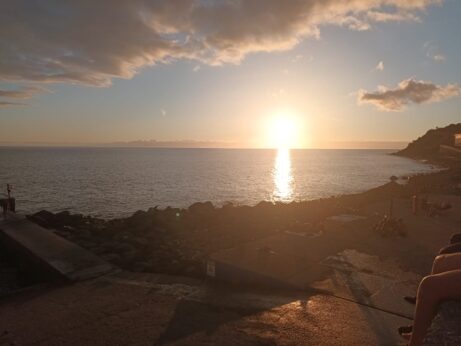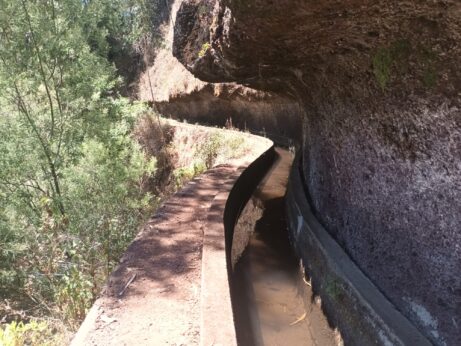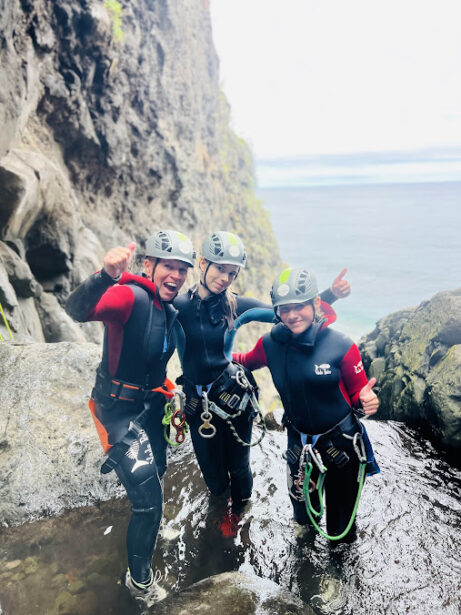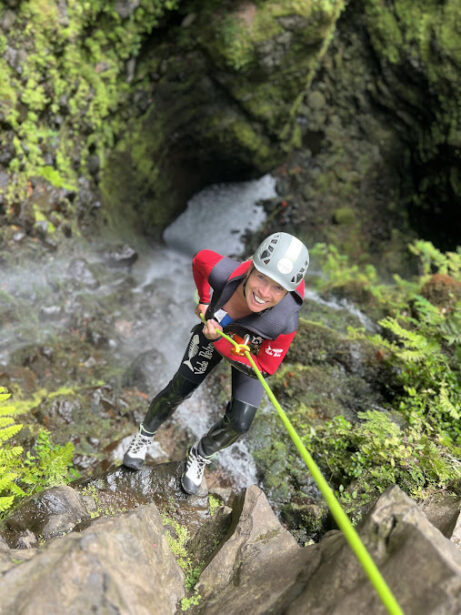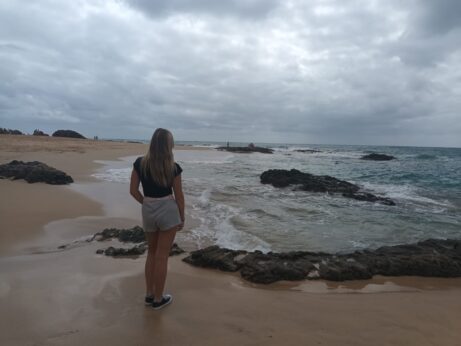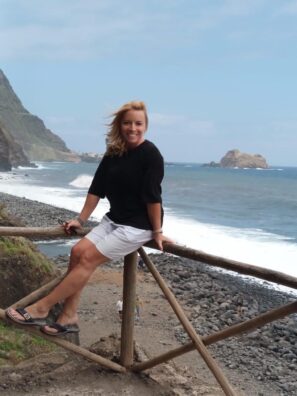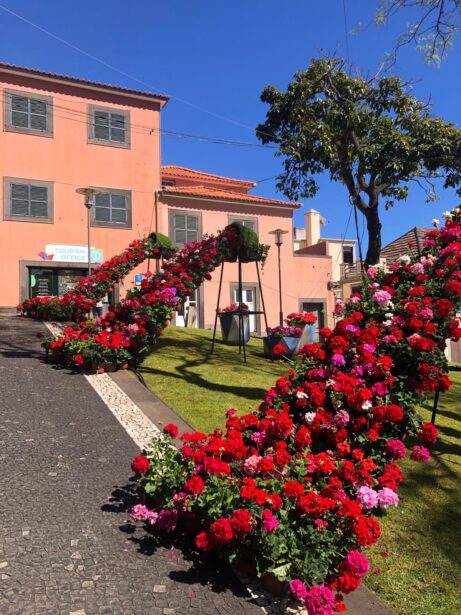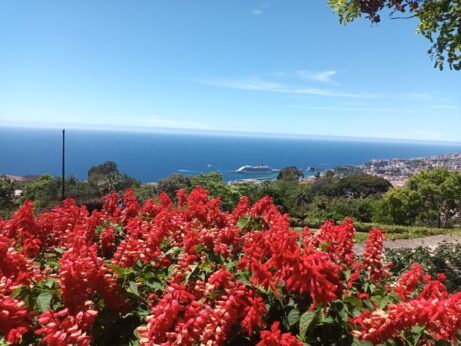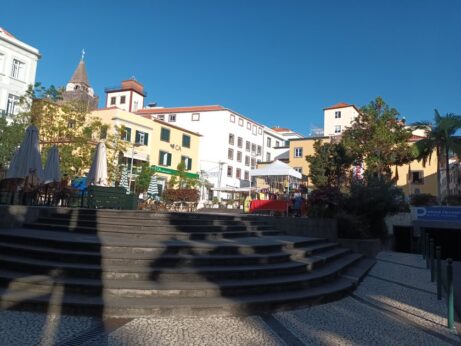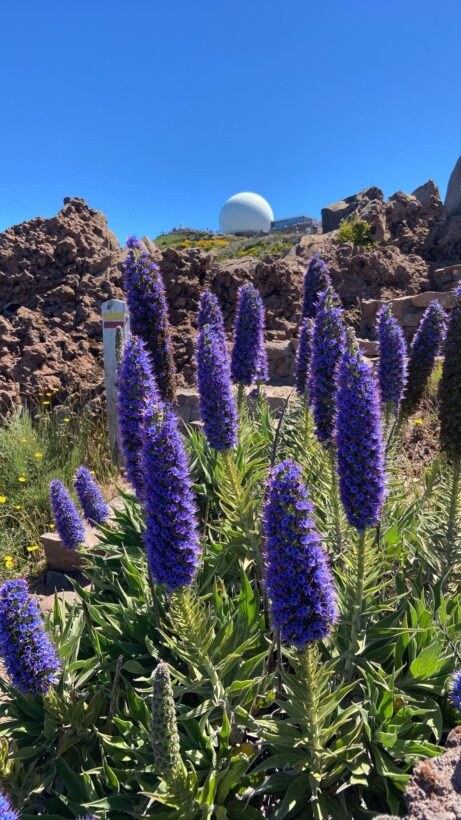What is amazing about emigrating at 50+?
Moving abroad was and still is an exciting and enriching experience for us. While it meant and still means many unique challenges for us, this decision also offered us many opportunities for personal growth and a fresh start/restart in a new beautiful environment.
What are the advantages of living abroad?
Some of the biggest advantages of living abroad are not so visible. If you live in Madeira specifically, the beauty of nature and the pleasant climate (at any time of the year) are immediately visible. In Madeira, it is relatively easy to capture the visible advantages of living on an island. You will feel how relaxing it tastes on the rocky beaches, (with a bonus of a few sandy ones), you will experience breathtaking sunrises and sunsets in its mountains and by the ocean.
Madeira offers great and healthy food and some of the nicest people in the world live here. These are just some of the advantages that every visitor, tourist and resident can enjoy here.
Leaving aside the advantage of growth in the language area, I cannot forget the personal growth thanks to the obstacles that have been and need to be overcome to normally operate in a new country such as legislation, business, taxes or involvement in communities.
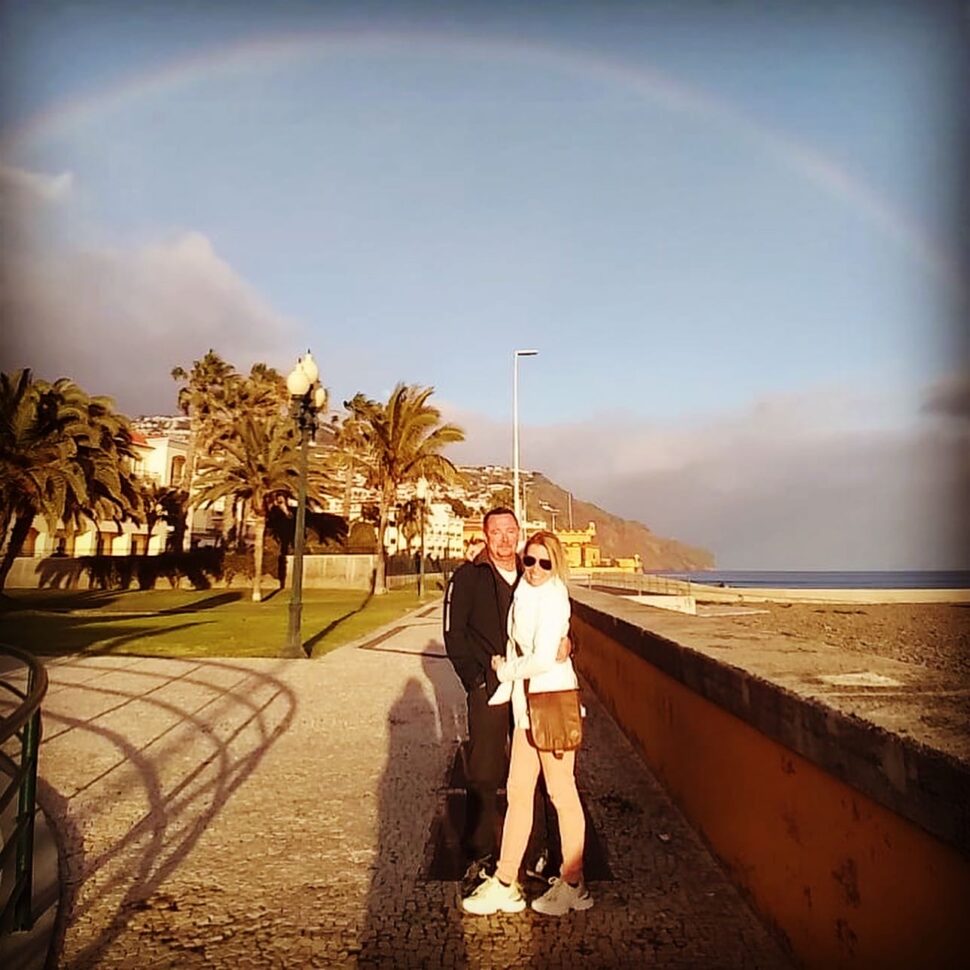
Who moves abroad and travels the world at the age of 50+?
Anyone who can afford it in the sense that: they do not have or are about to resolve their obligations (leases, mortgages, etc.). There are ways for more of us than we think. Anyone who stops and thinks about it. In these tense times, we have all started to think more about how to live a life and lifestyle that will lead to our satisfaction and fulfillment. And I do not mean expensive houses, cars or other conveniences of today's world. But "SOMETHING" real that will fulfill us internally. We are all looking for it and we will find it elsewhere. That's okay. We found it here - in Madeira.
None of us can change the past. Our strength is in our present and using the opportunities that are offered. We want to focus on our future within the possibilities that we can influence. We invest in our future, and therefore in our children. Many people have made or are about to make the same decision.
This is something we have in common with many other expats. Once we leave our country, we find that we have all hit the same wall. We have decided that we want to move and live in a less stressful place. We want to live in a place that matches our energy. It is no longer just about where we were born and went to school. It is about feeling safe, happy and in the company of people who radiate a similar energy. Otherwise, flow does not work.
Why is living abroad so fascinating for a person aged 50+
I believe that it is another chance for life, for a personal shift. We all want and need it. We want an end to the enormous pressure, meaningless restrictions, orders and other delusions that affect our private and social life and the mood in it. We just want to live in peace, see our children grow, raise them and lead them to the best of our ability and work / do business in what we can, what we enjoy. It is not that our past is bad or that we wish things were different. That is not the case at all.
It is simply that we want to take control of our own lives and not march along with the masses. Each of us, in some form, has met people in our lives who thought that moving abroad was not the best thing for them. But there came a certain moment in society (actually there were more than one) and we decided that maybe this was not true. The truth is that we are lucky and we ourselves were able to decide what our next days, months and years will look like.
Why do people put off moving abroad until they are older?
The answer is simple: we usually don’t think about these things. In fact, I think we are so distracted and so busy that we usually lose ourselves in things like this. We are trying to raise our children, send them to college, help them get married, help our aging parents.
We rarely stop to think about the things we really want. We often put our own wants and needs aside to help others. This is commendable, but we should never get to the point where we feel that our life and what we want to do is no longer important or that it is really not possible anymore. We will regret not doing the things in life that we had the opportunity to do and that we would like to do. This leaves us with feelings of sadness and frustration.
This is the pain that people feel when they realize that their life is slipping away without them creating what they feel they were made to do. This is commonly known as a midlife crisis. These people have put aside and later given up on all their hopes and dreams.
When is it too late to consider moving abroad? It is never too late to return to those thoughts and dreams that we once had. It is never too late to focus and bring our attention back to the things we love. In fact, it can be the best time of our lives right at the age we are. I personally know a few people from different parts of the world who made the decision at 25, others at 40 and 55, and some just after 60. They say that we should live in the present. Yes, our power is in the present, we can influence it. The past is gone and the future is what we prepare for it right now.
We should take time to analyze who we have become because at the age of 50 we are no longer the same people we were at 20, 30 or 40. We now have a different vision of our lives, influenced by life experiences, disappointments, successes and failures, challenges and visions, and if we don’t have this vision yet, now is the time to create it. So it’s never too late to find out who we are, who we want to be and how we want to live our lives.
Our loved ones may find inspiration in seeing us achieve success in our lives and do the things we love most. It can also encourage them to find time and do the same for themselves. And we certainly wish the best for our loved ones, to succeed in life… Maybe we inspire them with such a step. Maybe not, but that doesn’t matter, we do it for our beliefs and dreams and for those who believe in us. True friends and family members stay even when we overcome obstacles. They support us.
Is it harder to live abroad?
It really isn't. Most people make things more complicated than they really are. In other words, it's the fear of the unknown. I had it in the beginning too. It's not complicated, nor is it hard. Living abroad means the same responsibilities as living in our home country. You know you'll need to eat. You know you'll pay rent or a mortgage. You know you'll travel. You know you'll need clothes, medical care, and everything else that comes with normal daily life.
Is it harder? Not necessarily, but we have a fear that has built up within us over the years that tells us that unless we're rich or super rich, there's no way we could live abroad. That there's no way we could afford something like that. This is also untrue. However, it takes a while to imagine living abroad. The fear has taken over our minds, so every time we think about living abroad, a wall goes up. This is what stops us from moving forward.
There is a fear that we need to overcome. We need to research and find answers to questions like in everyday life. When we go to work or do any type of business, we have questions that need to be answered and we need to do our own research to find the answers to these questions.
Will they be questions like where will I go? Where will I live? What will I do? There are answers to all of these questions and they are no different from what we do every day in our original homeland.
Can you work in a foreign country or remotely?
Is it possible? Yes absolutely. If you have a career that is in demand. Such demand is not only in Europe, the UK or the US and Canada, the demand is all over the world. For example, if you are a nurse, which we know is always in short supply of nurses, a nurse can live anywhere in the world.
The same goes for engineers, IT technicians and teachers. I personally know two foreigners who teach in private schools and are very happy with their salaries. They don't speak Portuguese, but they do speak English. These professions are in demand no matter where we choose to live. For this reason, the talents that each of us has been given are needed everywhere. I would recommend everyone to think about it, because many can actually live anywhere in the world.
If we own a business and this business provides you with an income, we can always sell our business, or we can hire someone else to run it for us. These are all things to consider when doing your own research to allow you to make a realistic decision. You can find out what is the best solution for your own situation.
Are you retired?
Why do we wait until 65, 67 to retire? If you are retired, you should know that there are expats like you all over the world. Czechs are simply ingrained in the idea that they live their entire lives in the same place, preferably in the same house. I like the inspiring stories of people from Great Britain, Europe, America or Canada, so far rather exceptionally of retired Czechs. They decided to live abroad and can live anywhere. Many have a pension or their own project, they still work. This can also be a solution. Care for the elderly works very well in many countries of the world, not only in Europe, the USA or Canada. But also in Thailand or Singapore.
What steps do you need to take?

Take the time to thoroughly research the country and location you are planning to move to. Consider factors such as cost of living, healthcare system, safety, climate, culture and language. If possible, visit the place or connect with expat communities online to get first-hand information. You will find plenty of them on social media in any country that attracts you.
If you are as captivated by Madeira as we are, download this free e-book where you will find a step-by-step guide to the moving process, the first steps you need to take in a new country and many useful contacts.

Evaluate your financial situation and determine if you have the necessary resources to support your intention to emigrate and maintain your lifestyle abroad. Determine your housing options and make the necessary arrangements in advance. If you own property in your home country, consider selling, renting, or keeping it.
Plan the logistics of moving your belongings, or consider downsizing and selling off unwanted items.

Get to know the visa and residency requirements of your chosen country. Research the necessary documents, permits, and any restrictions that may apply to your situation. It may be helpful to consult an immigration lawyer or seek advice from the relevant government authorities. In Madeira, this is fairly easy thanks to the Czech Republic’s membership in the European Union. Simple in that you don’t need any special documents other than your passport and a home ownership license on the island or a rental agreement. More in the e-book.

If the destination country has a different language or culture, it is helpful to start learning the language and familiarizing yourself with the local customs and traditions. This will ease your transition and improve your ability to communicate and integrate into the community.

Research the healthcare system in your new country and make sure you have adequate health insurance. Find out if your current insurance will still be valid abroad or if you need to get a new one. In Madeira, public healthcare is free. It is linked to the social security system, so you need to be a taxpayer here to use it or be of retirement age and have documents from your home country to use it for free.
Another option here is private care, which will be covered by commercial insurance for the most part. It is also important to find out and understand what any pension or retirement benefits you may have in your home country will mean for you in the future.

Building a social network in your new country is important for your overall well-being and sense of belonging. Join local expat groups, social clubs or organisations that match your interests. Get involved in community activities and be open to meeting new people. Madeira offers a wide range of sports and cultural activities. There are small communities that are very friendly and open to foreigners: Latin dance, golf, padel, theater, yoga, languages, motorcycles, veteran cars, adrenaline sports...
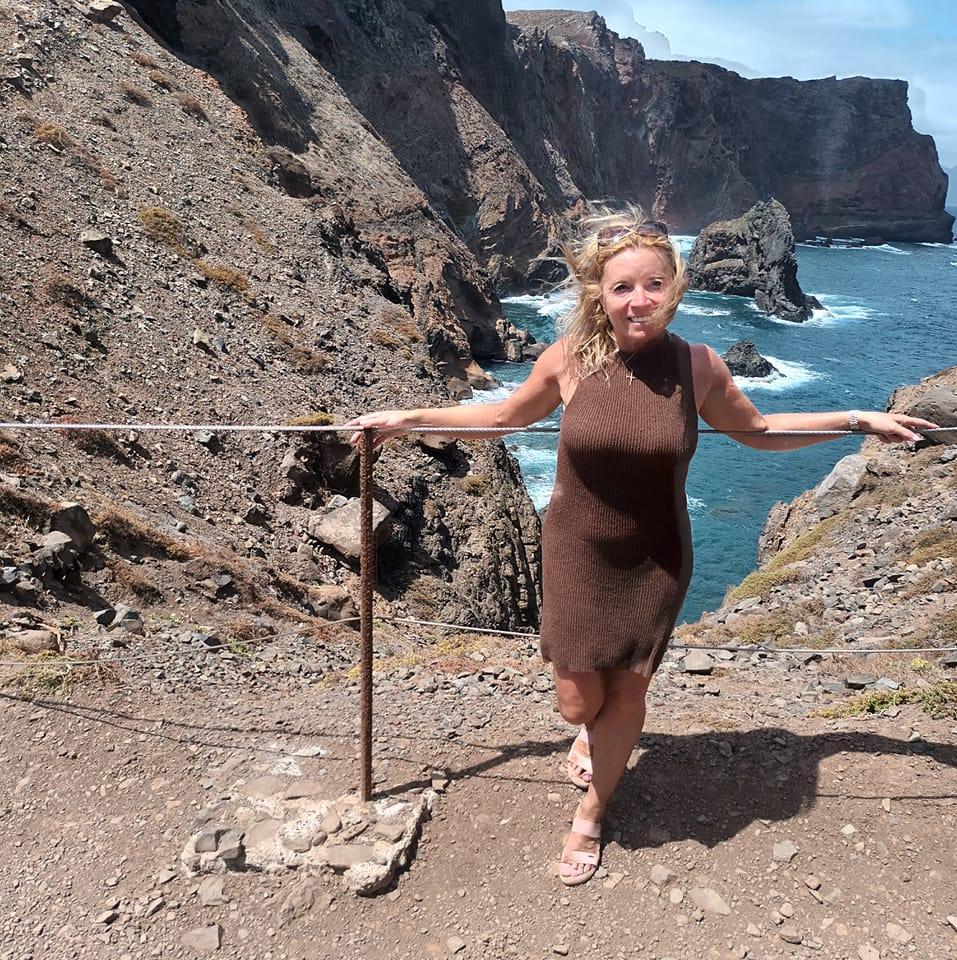
Stay connected with your loved ones:
Moving abroad doesn’t mean losing touch with your friends and family. You’re not writing off your past life, you’re not burning bridges, you’re just moving forward. Use technology to stay connected through video calls, messaging apps, and social media. Schedule visits home or invite your loved ones to visit you in your new country. I have to say for ourselves that not a month goes by that we’re alone without meeting old friends, acquaintances, or family in person
That’s why we chose Madeira, it’s only a 4,5-hour flight from the Czech Republic. Sometimes our dear visitors get a little adrenaline rush when they land, but what they see and experience during their stay in Madeira will fill them with energy and a positive charge in their minds. Sometimes they fly away with sore muscles those who have experienced Madeira understand and those who haven't, will understand when they visit Madeira
Experience and embrace new experiences:
Moving abroad offers a chance to immerse yourself in another culture, try new activities and explore new places. Be open to accepting local customs, cuisine and lifestyle. Look for opportunities for personal learning and growth. It's like new blood in your body and an oxygenated mind.
This restart will hopefully instill in everyone a huge desire to create and at the same time awaken in a person various feelings that overlap, such as great humility, joy from every small success not only of yourself but also of the people around you, gratitude towards everyone who selflessly lends a helping hand and also for all the beauty around us that we can be a part of.
Seek professional advice:
If you are unsure about the process, have concerns, consider seeking professional advice from relocation specialists, experienced financial specialists or expat consultants who specialize in helping individuals move abroad because they have personal experience.
Detailed information about our move, along with contacts and tips, can be found in my free e-book HERE.
Are you interested in real estate in Madeira or would you like help with the legislative steps when buying a property, business? Follow my FB pages, become a part of them HERE.
For us, moving to Madeira at our 50ies was definitely a transformative and enriching experience. We embraced new adventures that offered us new life opportunities. Be prepared and maintain a positive mindset as you embark on this new chapter of your life.
